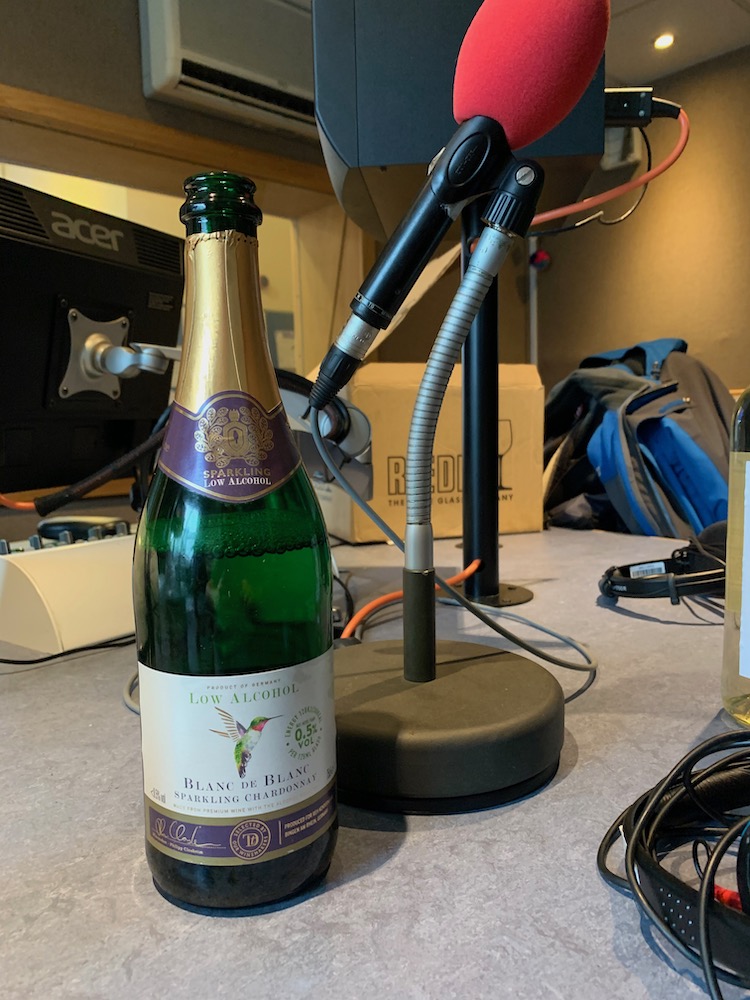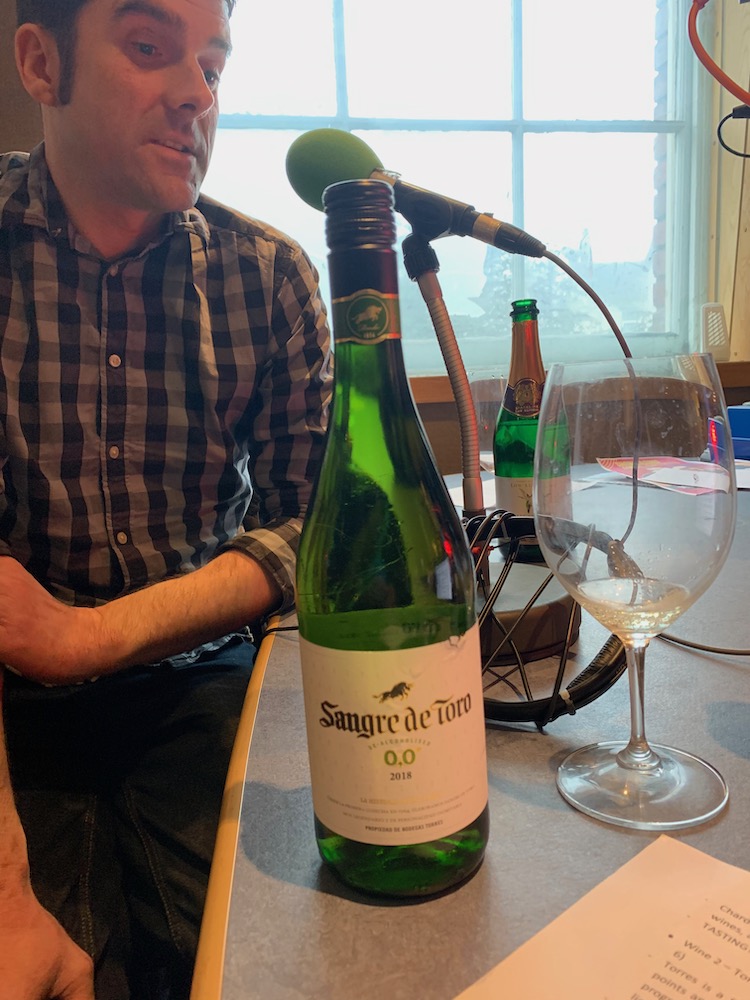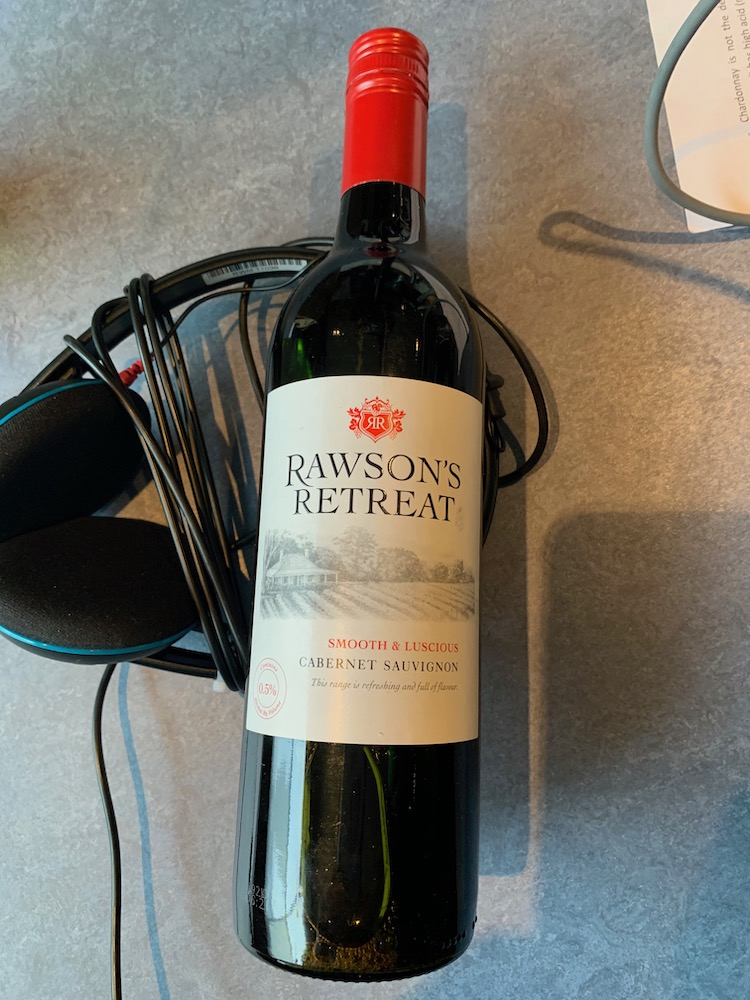The drinking world is changing, no doubt about it. The rise of the ‘Non Drinker’ has impacted how we view alcohol as an integral part of our everyday shopping basket.
UK alcohol consumption shrunk per capita by a litre between 2000 and 2015 and in 2017, 20% of the population shunned alcohol completely. This isn’t just a British problem either. 33 out of 44 of the major countries of the world, including drinking powerhouses Russia and Germany have reduced their per capita consumption. The reasons behind this are varied; whether you think it’s a good thing or not, booze is expensive (31% more expensive than 12 years ago, if statistics are to be believed), negative press about the effects of alcohol and the culture of the ‘Instagram’ generation seeking gratification from fitness, rather than a glass of wine.
However, rather than just accept it and watch their industry dwindle, wine producers are seeing this as an exciting new frontier and have stepped up to the plate, looking at how to deliver all the flavour and refreshing-ness of wine, but without the usual alcohol hit.
There are two main ways to remove alcohol from wine:
The first way is to distil the alcohol off the wine, or easier said, steam it away. Commercial producers have learned how to do this by putting the wine in a very strong vacuum. As the vacuum increases, the steaming or boiling temperature of the alcohol becomes lower. They create a vacuum that is so strong that the boiling point of the alcohol is down to about 21°C. In effect, they can distil the alcohol off the wine without ever heating it up and causing the wine to oxidize.
The second way commercial producers make non-alcohol wine is through filtration. The wine is forced under high pressure against a membrane that is so fine that only the water and alcohol can seep through it. The wine is run past the membrane over and over again until the wine becomes a concentrate. Water is then added back to bring the wine to its original concentration – only now, there is little to no alcohol present.
I know what you are thinking. This all sounds mega technical and has made wine all ‘genetically modified’, why would I want to put that into my body? Wait! This is where we convince you that these three wines are exactly what your body needs: all the thrill and feel of wine, but without the devilish addition of alcohol.
Sainsbury’s Taste The Difference ‘Low Alcohol’ Blanc de Blanc Sparkling Wine, priced at £3.50 a bottle.
There are three main ways to make sparkling wine; either the ‘Champagne Method’ (or fermenting for a second time in the bottle, like Champagne amazingly enough), ‘Tank Method’ (or fermenting it for a second time in a big stainless steel tank. Prosecco is made exactly like this) or ‘Carbonation’ (pumping it full of CO2 directly into the wine. This is generally the cheapest way to make sparkling wine). This little beaut has been made in the tank method, so you have that softness of the popular Italian sparkler. This is also labelled a ‘Blanc de Blanc’, which means that it’s been made with purely white grapes, in this case Chardonnay. “But it’s a white wine! Of course it’s made with white grape grapes!” I hear you shriek… Well , you have to remember that all the colour of wine comes from the skin of the grapes, so as long as you get rid of the skins of the grapes, just before you start to ferment any grape juice, then you’ll get a wine the colour of the grape flesh (which in the vast majority of cases will be white). Champagne is the most famous example of this. Getting back to the wine, Chardonnay is fantastic for sparkling wines, as it has a natural high level of acid, so keeps the wine nice and fresh. This has a very good frothy look to it and does keep the bubbles relatively well. Very appley on the nose and taste, it isn’t too sharp on the taste, even though if you over chill it, it can be a bit sharp. Good texture, giving a bit of a light ‘brioche’ like buttery-ness. This is really good value for just a few quid.
Torres Sangre de Toro Blanco, coming in at £5.99 a bottle, or £4.99 when you buy 6 from Majestic Wine.
Torres is a winemaking dynasty that makes top quality wine at both the entry level and top end of the market, so they have a good handle of what a good quality wine should be, whether it has alcohol in it or not. What marks them out amongst many of their counterparts is that they are really environmentally progressive in how they manage their wine production methods, using solar energy to power their winery, ensuring use of lighter bottles and developing carbon capture technologies to make use of any excess carbon they produce. All good stuff in my opinion. This all transcends into their non-alcoholic wine too, which is a very clean and crisp style, showing off its soft apple and grape aromas. Fresh tasting, it’s not ‘bone dry’, but has a very light sweet taste to it, making it accessible to a lot of people. Great winemaking makes great wine and this has it in abundance.
Rawsons Retreat 0.5% Red, priced at £4.00 a bottle from Tesco.
Knowing that the nation is leaning towards a more healthy way of living, their ‘hook’ is that for every 250ml glass that you consume, you are only piling on 38 calories! Not a bad as part of a calorie controlled diet! Rawsons Retreat is named after the original winery owner’s cottage that was built way back in 1845 and is linked to the powerhouse of Australian winemaking, Penfolds, so they have a lot of knowhow and winemaking prowess behind them. Based on the red wine drinker’s favourite grape, Cabernet Sauvignon, this is a medium bodied delight, cramming in light black fruits and a fresh taste. Obviously not as rich as a heavy duty ‘Cab Sauv’, but it really does back up the claim that it is the best non-alcoholic red on the market at the moment.
Hopefully that has given you some confidence to see what non-alocoholic options are out there. Feel free to get in touch through our contact page if you want to organise a non-alcoholic wine tasting for you and your friends or colleagues – we’ll be happy to help you choose some great wines!



